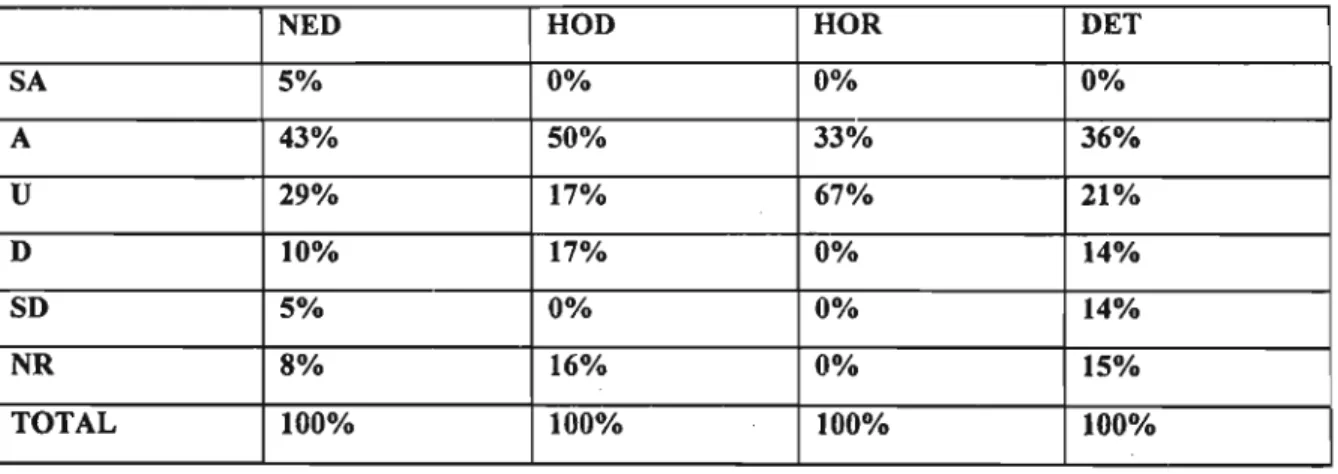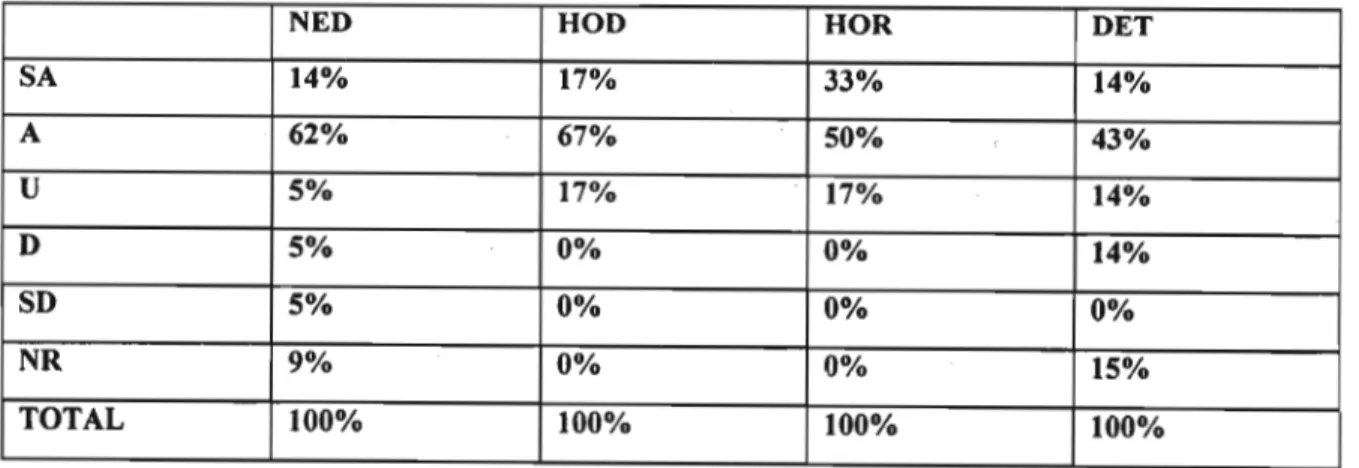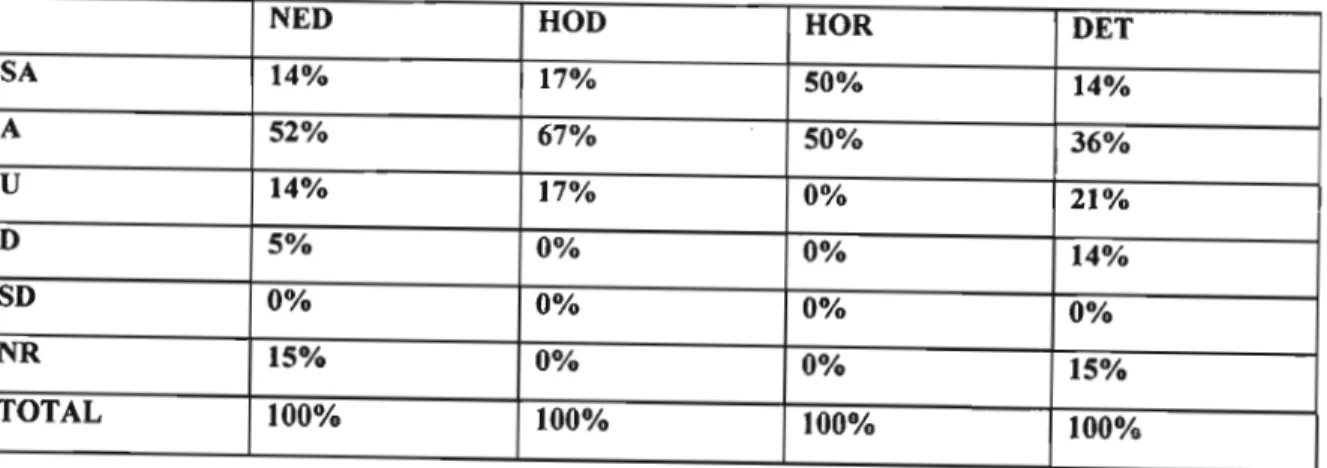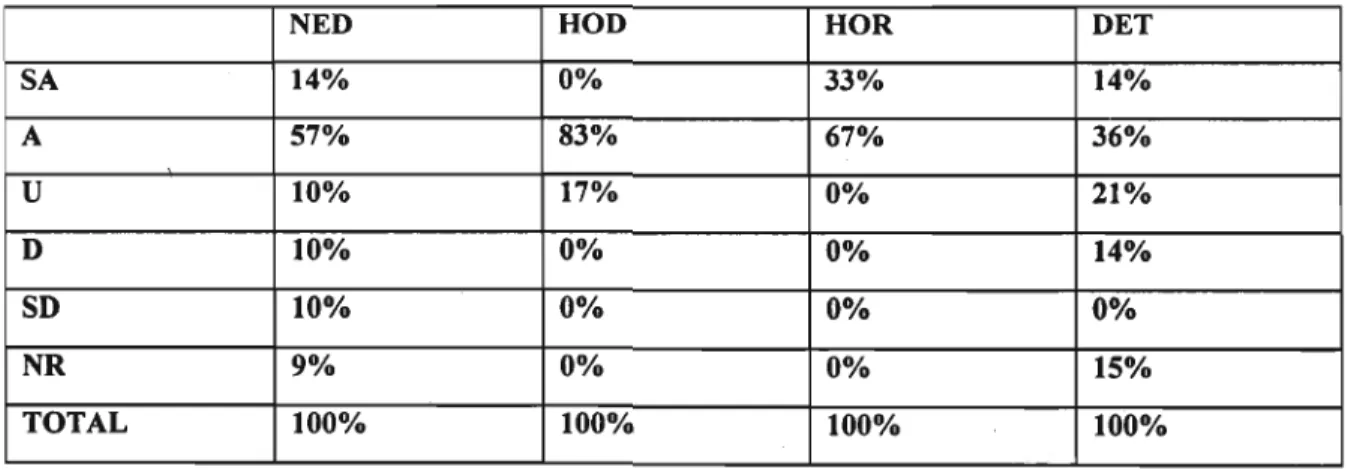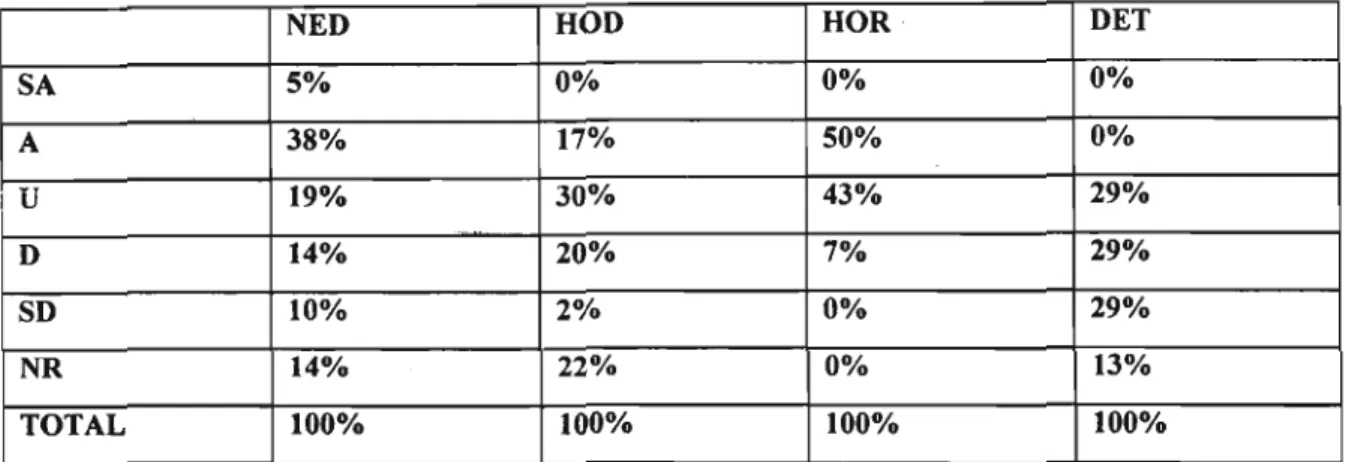Background to the introduction of OBE and C2005 in South Africa
Definition of C 2005 and OBE
Implementation of OBE in South Africa
Despite the uncertainty and complexity surrounding the issue of OBE and Curriculum 2005, it was unveiled in a dramatic public exhibition in March 1997 when the Minister for Education, Mr. Sibusiso Bengu launched Curriculum 2005 in Cape Town by releasing 2005 balloons in the color of the new one. South African flag. On this occasion, it was announced that OBE will be introduced to grades one and seven in January. 1998 but was eventually restricted to first class due to certain problems he encountered.
Following this announcement, a series of popular documents were released to explain OBE to teachers accompanied by 1-week information sessions (billed as training) for many first grade teachers, as well as implementation in a selection of pilot schools in each of the provinces (Jansen and Christie, 1999). It is important at this stage to provide a definition of the term "training" as applied to the teaching profession.
Definition of teacher training. 11
Malcolm (1999) states that in Australia, teachers' knowledge and skills are central to the implementation of OBE. This can be done by selecting some outcomes and training teachers to achieve these outcomes and practicing doing them until they perfect them. Unfortunately, as claimed by Malcolm (1999), South Africa has adopted Spady's transformative OBE approach, but this is misleading for South Africa.
Spady (1998) argues that there has been too much emphasis on the curriculum too quickly in South Africa. The term 'curriculum-based outcomes' is more appropriate in South Africa rather than OBE, as OBE is about outcomes rather than policy reform. So when critics claim that OBE will destroy education and turn it into a form of training, they are talking about one form of OBE and not the implementation of OBE in South Africa.
Different forms of OBE identify different outcomes, and these outcomes are applied in different ways to make other curriculum decisions. Despite these suggestions given, teacher training for OBE in South Africa followed a completely different direction as shown below.
National plans for the in-service training of teachers in South Africa
Only teachers from the ex-NED and ex-DET strongly disagree with this and none of the teachers from the ex-HOR disagree. None of the teachers from the ex-HOR are insecure, while the larger percentage from the ex-DET are insecure. None of the teachers from the ex-HOD were unsure, but 10% and 17% from the ex-NED and HOR respectively were unsure.
None of the teachers completely disagreed with this, but 10% of the ex-NED and 75 of the ex-HOR disagreed. None of the teachers from the other ex-departments, except 5% from ex-NED, completely agreed with this. 0% of the teachers from the ex-HOR did not agree or strongly disagreed, while 14% of the ex-NED disagreed and strongly disagreed.
None of the teachers strongly agreed with 29% of the ex-NED and 14% of ex-DET being unsure. None of the others except 14% of the ex-NED and 17% of the ex-HOD disagreed strongly. None of the teachers from the former HOR indicated that they were unsure, disagreed or strongly disagreed.
None of the other teachers, except 14% of the ex-NED and 17% of the ex-HOD, strongly disagreed with this. None of the teachers from the former HOD and HOR were unsure, compared to 14%. None of the others, except 10% of ex-NED and 14% of ex-DET, strongly disagreed.
This table shows that 100% of the teachers from the ex-HOR agreed with statement C 3, while none of them fully agreed with it. None of the others, except 10% of ex-NED and 7% of ex-DEI, strongly disagree with this. Only 14% of the teachers from the former NED fully agree with this, while none of the others say so.
Although none of the teachers from the ex-HOD strongly disagree with statement D, 5.48% of the ex-NED. The results of the current study showed that only teachers from the former NED strongly agreed with most statements. There was a significant difference in the average of the scores of teachers from the ex-HOR and the rest.

Strategies adopted in Pietermaritzburg for the in-service training of
Criticism against the implementation of OBE and the training of teachers
But much will depend on the specific forms they take and the way they are put into practice. First, Christie (1999) comments that while the curriculum framework for the 8 learning areas was developed by committees on which teachers were represented, most teachers have not been actively engaged in the new curriculum. This forces teachers to believe that the new curriculum is being put in place in top-down ways that strongly resemble.
Stephen Mulholland (1998), cited in Jansen and Christie (1999), stated on the Internet that the OBE failed in any country and that it would lead to Greenstein (1997), cited in Jansen and Christie (1999), opined that OBE has a chance of success in "white privileged. Also, the emphasis on the new paradigm leaves teachers very little time to reflect on .
But teachers' abilities to change quickly to a new paradigm are affected by emotions and perceptions that come outside of their professional skills. Also, emphasis on the new paradigm leaves teachers with very little time for reflection on the changes and principles underlying OBE.
Rationale for this investigation
According to Killan (1996), some concepts are not new for teachers, but to successfully implement the principles in the different learning areas, a paradigm shift is needed. To determine how effective the training was in South Africa, the researcher undertook this investigation. In this study, this is what the researcher attempted to investigate, namely the attitudes of the Grade One Teachers in the Pietermaritzburg area towards the training they received about OBE.
The researcher hoped to find out the attitudes of teachers towards the content of their training programs and also to investigate whether there were significant differences in the attitudes of teachers from different previous departments of education.
Conclusion
Chapter four concluded with a statistical analysis using the Kruskal-Wallis test to determine if there were any significant differences in the attitudes of first grade teachers from different former departments of education. The fifth chapter provided a discussion of the findings revealed in the fourth chapter and some conclusions were drawn and recommendations were made. In Chapter One, a preliminary literature review was provided setting the stage for the rest of the study.
The origins of OBE will be discussed, as well as the implementation of OBE in the United States. This chapter concludes with mention of studies conducted on OBE in South Africa to support the findings of the current study where possible.
Origins of Outcomes Based Education
Implementation of OBE in the USA ~
Criticism against OBE's implementation in the United States
The results show that teachers from the ex-NED were more positive than the training.


